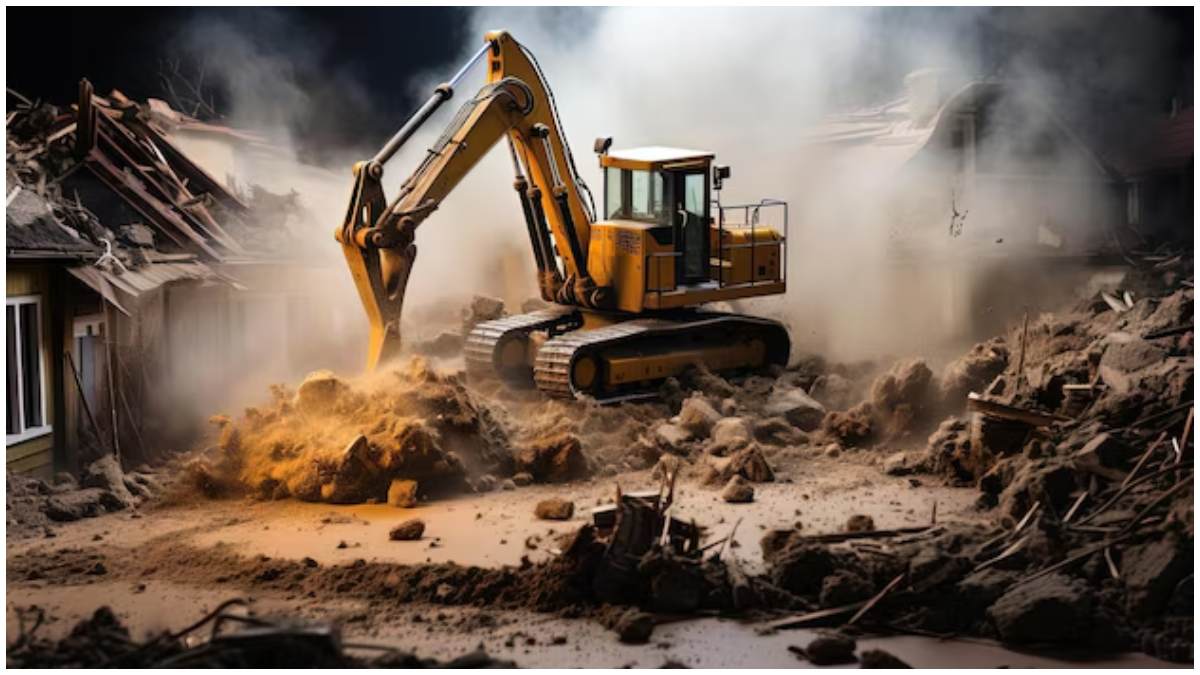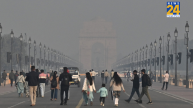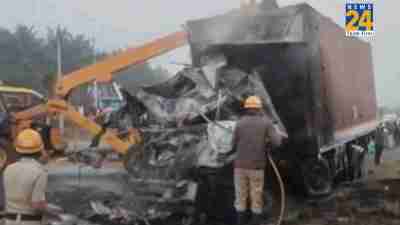The Supreme Court of India strongly criticized the practice known as ‘bulldozer justice’ on September 2, 2024, where properties are demolished based on the criminal involvement of their owners. The court questioned the legality of demolishing homes simply because their occupants were accused or convicted of crimes. Senior Advocate Dushyant Dave, representing the petitioners, called for a ban on such practices and urged the court to establish safeguards against them.
Court Questions Demolitions Over Criminal Ties
During the hearing, Solicitor General Tushar Mehta argued that demolitions should only be carried out if a property is legally deemed unauthorized or in violation of municipal codes. He contended that a property cannot be demolished solely because its owner or tenant is involved in a criminal case and that the issue may be misrepresented. Mehta suggested that the court should focus on establishing proper guidelines rather than addressing the perceived misuse of demolition powers.
Justice BR Gavai questioned the rationale behind demolishing properties based on the criminal status of their occupants. He highlighted that such actions should be strictly regulated and that guidelines need to be developed to ensure demolitions are not arbitrary. ‘If you are accepting this, then we will issue guidelines based on this,’ Justice Gavai stated, emphasizing the need for clear procedures and documentation.
Court Demands Fair Process For Bulldozer Action
Justice KV Viswanathan added that demolitions should not proceed without a formal process, including providing notice, time to respond, and opportunities for legal remedies. He stressed that while unauthorized constructions need addressing, there should be a systematic approach to prevent unjust actions. ‘First notice, time to answer, time to seek legal remedies, and then demolition,’ Justice Viswanathan said.
Also Read: Final Opportunity To Update Aadhaar Details For Free! UIDAI To Implement New Rules SOON
The court reviewed specific cases cited by the petitioners, including recent demolitions in Delhi’s Jahangirpuri, where properties were destroyed due to their occupants’ alleged criminal activities. Senior Advocate CU Singh also mentioned a case in Udaipur, Rajasthan, where a house was demolished following a student’s criminal act. Singh argued that demolishing homes based on the actions of residents rather than the legality of the construction is unfair.
Supreme Court Sets Hearing For Demolitions
In response, the court agreed that while addressing illegal constructions is important, there needs to be a clear and fair process for doing so. The court emphasized that demolitions should follow established procedures and not be used as a punitive measure.
The Supreme Court has scheduled another hearing on this issue for September 17 and has invited suggestions from both sides to develop appropriate guidelines. This case highlights the ongoing debate about the balance between law enforcement and protecting individual rights in property disputes.
Also Read: Mayhem In UP: Wolf Kills 3-Year-Old Girl, Government Issues Advisory













